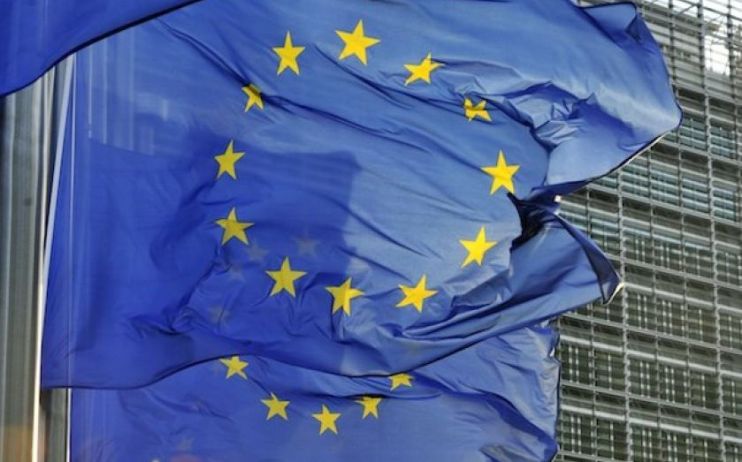At last: EU ministers finally agree Russian gas price cap

European Union (EU) energy ministers have finally agreed a gas price cap, after months of talks within the bloc as it seeks to tame the energy crisis and slash Russian war revenues.
Ministers will trigger a cap if prices exceed €180 per megawatt hour for three days on the Dutch TTF Futures benchmark, according to news agency Reuters.
The cap will be viable from February next year, and will be formally approved by countries in writing.
From that point, on it can enter into force.
Once implemented, it would prevent any trades on the front-month to front-year TTF contracts at a price more than €35 per MWh above a reference level based on existing liquefied natural gas (LNG) price assessments.
This comes after weeks of division within the bloc over the measure.
While Germany eventually voted to support the deal, it has raised concerns that the policy will limit Europe’s ability to attract gas supplies in price-competitive global markets.
Initially, the cap will not apply to private gas trades outside energy exchanges, although this may be reviewed later once it is in force.
Reuters meanwhile, has reported that Netherlands and Austria abstained.
Both had resisted the cap during negotiations, fearing it could disrupt Europe’s energy markets, drive up -prices, and compromise Europe’s energy security.

ICE-breaker: Benchmark raises cap concerns
The EU proposal has also drawn opposition from some market participants, who have said it could cause financial instability.
The Intercontinental Exchange, warned last week it could move TTF trading to outside of the EU if the bloc capped prices.
Known as ICE, it hosts TTF trading on its Amsterdam exchange, but is concerned it will be unable to operate fair and orderly markets with the cap.
In a statement, the exchange said: “We have consistently voiced our concerns about the destabilising impact a TTF price cap will have on the market and the risks it presents to financial stability,”
It said that the ICE TTF markets will continue trading as normal while it carries out a review of the EU gas price cap.
Currently gas prices are down eight per cent for the day, trading at below €107 per megawatt hour.
Roughly 15 countries, including Belgium, Greece and Poland, had demanded a cap below €200 per MWh – far lower than the €275 limit originally proposed by the European Commission last month.
Poland’s prime minister said the price cap would end Russia and Gazprom’s ability to distort the market.
“At the recent meetings in Brussels, our majority coalition managed to break the resistance – mainly from Germany,” Mateusz Morawiecki wrote on Twitter.
“This means the end of market manipulation by Russia and its company Gazprom.”